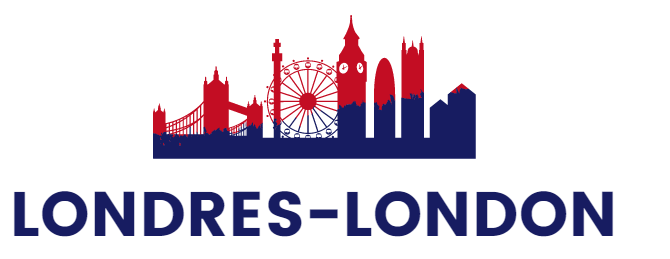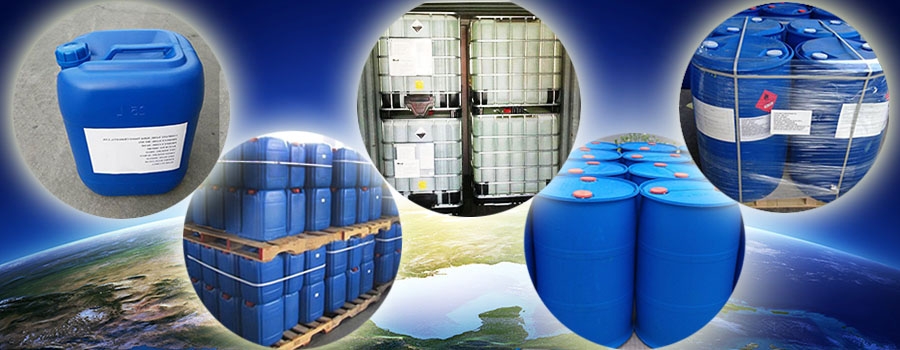Sodium Pyrithione is an organic compound that is used as a disinfectant and preservative in skin care products. It's also used in the production of plastics, textiles, paints, paper and other industrial products. The main benefits of Sodium Pyrithione are its low toxicity, low cost, biodegradability and non-irritating nature.
The compound has however, very key usage in the metal industry. Some of these sodium pyrithione uses include:
Inhibiting rust formation
Sodium Pyrithione can help prevent corrosion by inhibiting the growth of microorganisms on metal surfaces. This means less rusting for you! It also works well in removing scale from boiler tubes, preventing corrosion and improving boiler efficiency.
Lubrication
Sodium Pyrithione can be used as a lubricant for metal parts during machining operations. It also helps prevent oxidation on precision tools during tooling processes such as grinding, milling or drilling.
Metal Cleaning
Sodium Pyrithione can be used to clean metal surfaces and remove tarnish and other stains from metals. It will not damage any metal surface, so it can be used on all types of metals including stainless steel, aluminium and copper.
Metal Polishing
The anti-microbial properties of Sodium Pyrithione make it ideal for polishing metals because they prevent bacteria from forming on the surface of the metal while polishing. This helps prevent microorganisms from getting into your food or beverage containers, which can cause contamination or spoilage of your product.
How to Assess the Quality of Sodium Pyrithione for Use in Metals
When you need to treat your metal surfaces with sodium pyrithione, it is important to ensure that you have the best quality product available. This will ensure that your metal surfaces are treated properly and thoroughly cleaned without damaging them in any way. Here are some ways you can assess the quality of sodium pyrithione for use on metals.
The main indicators are as follows:
Purity
Purity refers to the content of impurities such as water insoluble impurities (polyphosphoric acid), phosphates etc., which are easy to determine by infrared spectrophotometry and x-ray fluorescence analysis. It should be noted that there is no standard for determining purity; therefore, each supplier has its own method. However, if you want to know whether your supplier's purity meets your needs, you can ask them for relevant data.
Look at the solubility or dissolution rate of the compound
The solubility rate of your product should be between 80-90% at room temperature (20°C). This means that it will still be effective when used at room temperature and will not become insoluble quickly during application or use. One test involves dissolving a small amount of your sample into water and then adding iodine solution. If your sample turns blue then it contains iron or copper impurities which makes it unsuitable for use in metal applications because these impurities will cause corrosion or embrittlement in certain metals such as iron, steel or aluminium alloys if they are present at high levels.
Conclusion
Sodium Pyrithione Market has been witnessing growth from past few years and is poised to exhibit steady growth in the coming years. With the increased demand for more cleaner and environment friendly option, this market has a lot of price potential. The key factors driving the growth of this market are growing consumer awareness about green products and increasing use of Sodium Pyrithione in cosmetics. It acts as anti-microbial agent, it acts as cosmetic active agent, in sunscreens and detergents.


